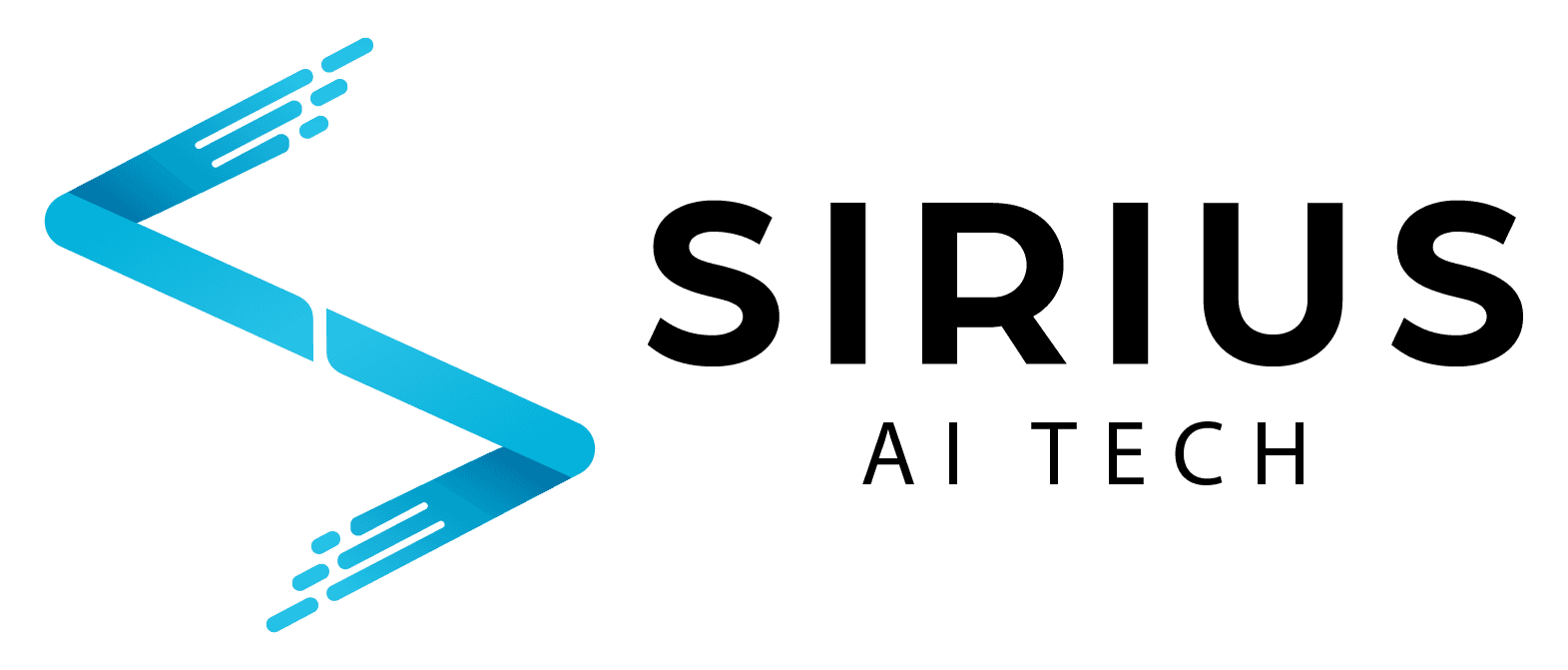Can Your Digital Twin be The Assistant You Didn’t Know You Needed
Gone are the days of tools dumping raw data and saying, “Good luck!” Instead, approachable AI translates intricate data into simple steps, much like a GPS guiding you without overexplaining every turn.
Blog >
Artificial Intelligence (AI) is revolutionizing the way we interact with technology, particularly through real-time cloning techniques. From voice synthesis to image manipulation, AI is pushing the boundaries of what's possible. This article explores the transformative impact of AI on cloning technologies and their applications.
Contents
How Artificial Intelligence Fuels Real-Time Cloning Techniques
From Deepfakes to Avatars: Exploring the Applications of Image Cloning
Voice Synthesis Unleashed: The Ethical and Creative Sides of AI Cloning
How Artificial Intelligence Fuels Real-Time Cloning Techniques
AI's Role in Enhancing Cloning Precision
Artificial Intelligence (AI) is essential in real-time cloning technologies. AI markedly improves the accuracy of voice and image replication through machine learning. This enhances existing cloning techniques.
AI algorithms analyze nuanced human traits. Voice synthesis benefits greatly from these analyses. Image manipulation becomes more realistic and efficient with AI.
AI’s capabilities are expanding. AI currently enhances voice cloning, with digital avatars mimicking speech patterns. Real-time image cloning creates hyper-realistic visuals for various applications. This includes gaming and virtual reality.
Enhanced Accuracy Via Machine Learning
Improved Realism in Synthesis
Efficient Image Manipulation
Applications and Ethical Considerations
AI-driven cloning tools offer diverse applications. They transform sectors like entertainment and customer service. However, these applications bring up critical ethical issues, especially around privacy.
Real-time cloning is used in call centers for personalized interactions. Digital marketing utilizes AI to create targeted ad campaigns. The legal sector employs AI for secure document management. About 65% of businesses are now exploring AI solutions for these reasons.
The technology raises questions about deepfakes and misinformation. It prompts discussions on consent and digital rights. Understanding "how does artificial intelligence work?" is crucial for societal adaptation.
Gather Required Data
Refine AI Model
Deploy in Real-Time

From Deepfakes to Avatars: Exploring the Applications of Image Cloning
AI's Impact on Creative Industries
AI-driven image cloning is revolutionizing creative sectors. The technology is now used in various visual mediums. It offers new creative avenues. Yet, it also presents significant ethical questions.
Deepfakes, powered by machine learning, exemplify image cloning’s capabilities. They are used to swap faces, often for entertainment. However, they also raise concerns about misinformation. Creative applications include film special effects. Digital avatars are also gaining traction in virtual environments.
According to recent studies, AI could automate up to 30% of creative tasks. This shift demands that professionals adapt. They must now leverage AI responsibly and ethically to maintain trust.
Enhanced Visual Effects
Personalized Virtual Identities
Increased Creative Automation
Consider the creation of realistic historical documentaries. AI can recreate historical figures. Imagine advertising campaigns featuring entirely digital actors. Furthermore, AI is useful in creating avatars. They are personalized for metaverse interactions, blending reality and fiction seamlessly.
Risk of Misinformation
Copyright Infringement Issues
Job Displacement Concerns

Voice Synthesis Unleashed: The Ethical and Creative Sides of AI Cloning
Navigating the Landscape of AI Voice Cloning
Voice synthesis, an element of AI cloning, is redefining machine interactions. AI-driven voice cloning allows creation of engaging virtual assistants. Such tech is valuable in customer service, enhancing user experiences. Still, voice cloning introduces misuse possibilities and ethical dilemmas.
Balancing innovation and responsibility is vital as "artificial intelligence" advances. "Real-time voice cloning" offers opportunities for creative applications. AI’s capacity to mirror human voices offers new tools. Consider AI recreating historic speeches, enhancing audiobooks, or personalizing virtual assistants.
However, potential misuses spark debate; AI-generated deepfakes are one concern. Questions are being raised about "how does artificial intelligence work?" and its implications. Addressing these issues ensures AI cloning applications remain ethical and beneficial. Around 70% of consumers are concerned about AI deepfakes, and voice cloning's ethical implications.
Enhanced User Engagement
Creative Content Generation
Personalized Virtual Assistance

AI-Driven Cloning: Enhancing Realism and Efficiency
AI improves cloning precision using machine learning for voice and image replication.
Algorithms analyze traits enhancing voice synthesis and more realistic image manipulation.
AI enhances voice cloning, creating digital avatars mimicking speech patterns accurately.
AI expertise enables personalized interactions in call centers and marketing campaigns.
Skills in machine learning ensures secure document management, now explored by 65% businesses.
Image Cloning: Deepfakes Revolutionizing Creative Tasks
Deepfakes exemplify capabilities swapping faces for entertainment and special effects.
Has reach automating creative tasks in visual mediums and increasing creative automation.
AI recreation of historic figures ensures enhanced documentaries in entertainment industries.
AI is used to personalize avatars enhancing metaverse interactions seamlessly in digital spaces.
Voice Synthesis: Ethical Innovation in User Interaction
AI voice cloning offers engaging virtual assistants enriching user experiences effectively.
Safety is ensured by addressing voice cloning misuse and generating deepfake risk concerns.
AI creates virtual assistants and personalized audiobooks improving customer satisfaction rates.
Innovation helps ensure voice deepfake concerns are addressed in AI applications.
Frequently Asked Questions
How does AI enhance real-time cloning techniques?
AI boosts cloning precision through machine learning, improving voice synthesis and image manipulation for more realistic and efficient results.
What are the primary applications of deepfakes and avatars using AI?
Deepfakes find use in entertainment and special effects, while AI-driven avatars enhance personalized interactions in virtual environments and digital spaces.
What ethical considerations arise from AI voice cloning technologies?
Ethical concerns include potential misuse, deepfake risks, and the need for guidelines to ensure responsible innovation in user interactions.




